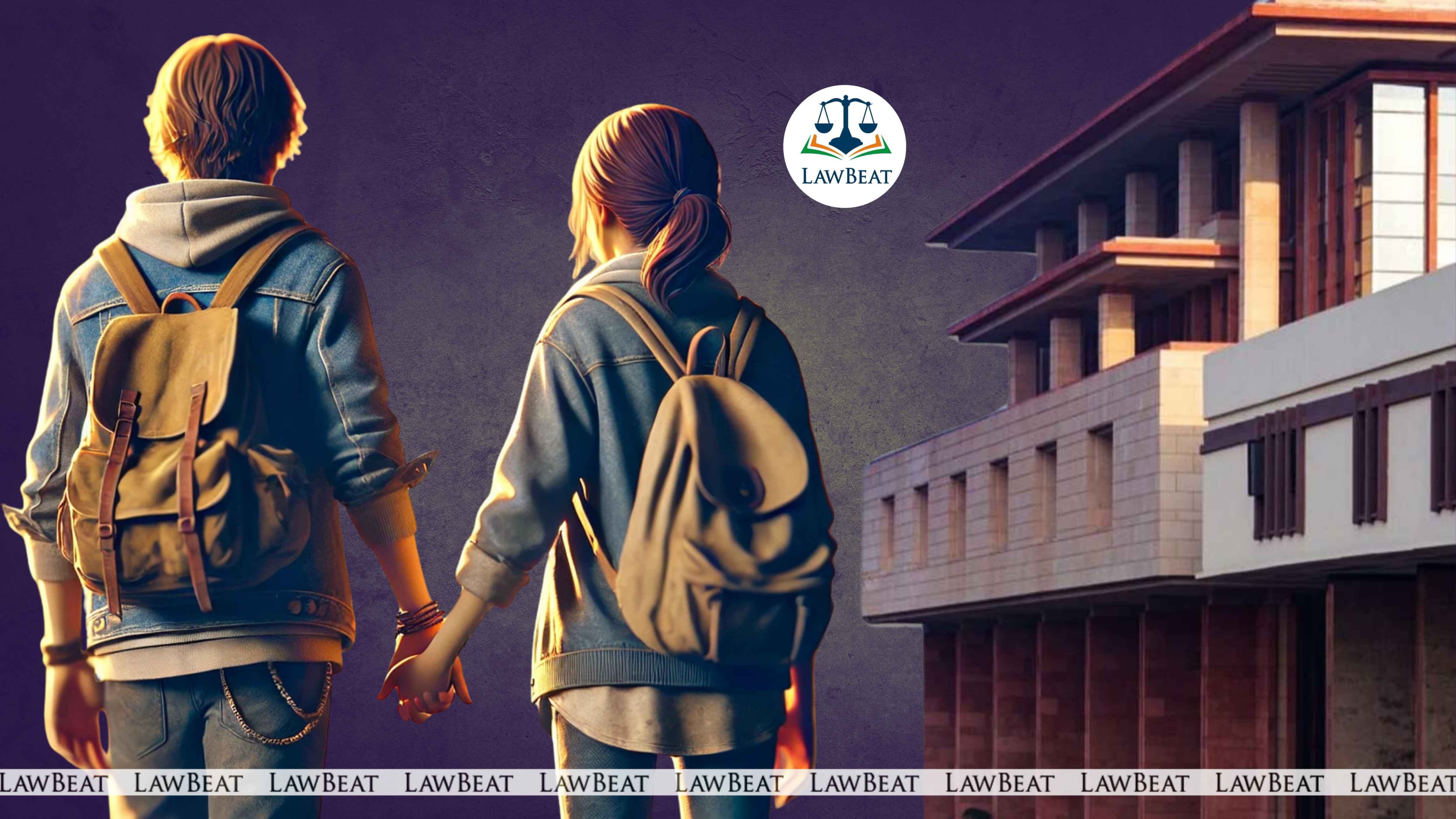POCSO Meant To Prevent Exploitation and Abuse; Not Punishing Adolescent Love: Delhi HC

The court highlighted, “While the legal age of consent is important for protecting minors, I feel that adolescents should be allowed to express their feelings and engage in relationships without fear of criminalization”.
The Delhi High Court, recently, in a POCSO case opined that love is a fundamental human experience and therefore the law should concentrate on preventing exploitation and abuse rather than penalizing adolescent love.
The bench of Justice Jasmeet Singh held, “Love is a fundamental human experience, and adolescents have the right to form emotional connections… The focus of the law should be on preventing exploitation and abuse rather than punishing love”.
The case stemmed from a complaint filed by the father of a 17-year-old girl, who went missing. During the investigation, the girl and her boyfriend were apprehended in Dharuhera and brought to Delhi. Formal charges under section 4 of the POCSO Act were filed against the boyfriend.
After evaluating the entire evidence, the Trial Court, through the impugned judgment, acquitted the boyfriend under Section 4 of the POCSO Act. Aggrieved by the said judgment, the State filed an appeal challenging the judgment.
Additional Public Prosecutor Yudhvir Singh Chauhan, for the State, argued that the girl was 17 years of age and deposed that the boyfriend made physical relations with her. Thus, it was argued that there was penetrative sexual assault.
However, Advocate Vinay Kumar Sharma, for the boyfriend, argued that the trial court had opined in its judgment that the girl and the boyfriend were in love and that there was nothing to suggest forceful sexual assault.
The court noted that the girl’s date of birth was recorded as 20.01.1998, making her 16 years, 10 months, and 21 days old at the time of the incident. However, the court noted that the prosecution failed to establish the reliability of the uncle’s affidavit since he was not examined as a witness. Without corroboration, the school records could not serve as conclusive proof of age.
However, the court observed that the girl and her mother claimed her date of birth was 22.12.1998, making her 15 years, 11 months, and 19 days old on the date of the incident, but they provided no supporting evidence. Given the inconsistencies, the prosecution failed to prove beyond reasonable doubt that the prosecutrix was below 18 years old, a key requirement under the POCSO Act.
The court emphasized that when a prosecutrix is close to 17 years old, and no conclusive proof of age exists, applying the stringent provisions of the POCSO Act may be unjust. However, if clear documentary evidence establishes that the victim is under 14 or 15 years old, disregarding the POCSO Act would amount to a miscarriage of justice.
In the present case, the court observed that the girl categorically stated in her Section 164 CrPC statement and court testimony that she engaged in a consensual relationship with the boyfriend. The court acknowledged the evolving societal and legal perspectives on adolescent relationships, advocating for a compassionate approach that prioritizes understanding over punishment.
“The legal system must safeguard the rights of young individuals to love while ensuring their safety and well-being. I advocate for a compassionate approach that prioritizes understanding over punishment in cases involving adolescent love”, the court highlighted.
While the POCSO Act was designed to protect minors, it does not distinguish between voluntary relationships and coercion, the court noted.
“The POCSO Act was promulgated for the protection of children. The Act, however, did not choose to draw any distinction as to a girl of less than 18 who chooses a partner out of her own choice and volition. Therefore, any sexual act or intercourse by a man with such a girl would constitute an offence under various provisions of the POCSO Act of 2012”, the court noted.
Given that the girl was steadfast in her statements, the court found it inappropriate to disregard her consent solely because she was a few months short of adulthood.
For Appellant: Additional Public Prosecutor Yudhvir Singh Chauhan
For Respondent: Advocates Vinay Kumar Sharma, Prince, Aaditya, Ritu Kumari
Case Title: State v Hitesh (2025:DHC:944)
